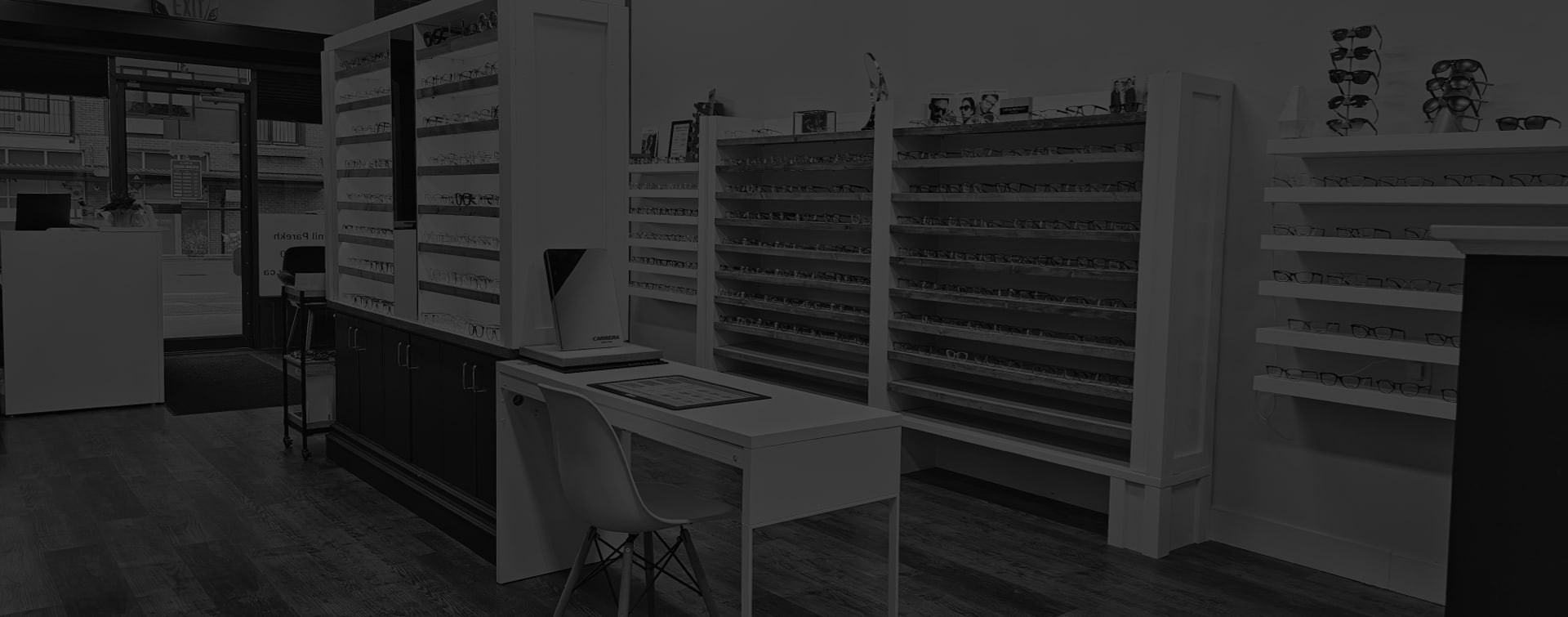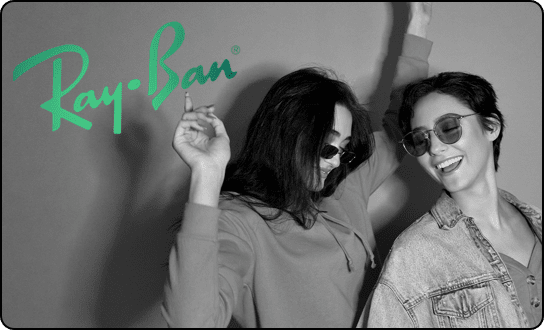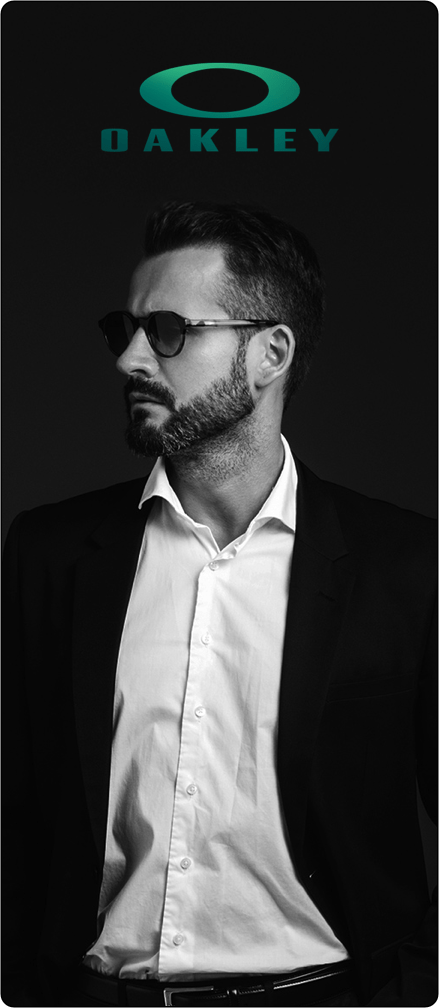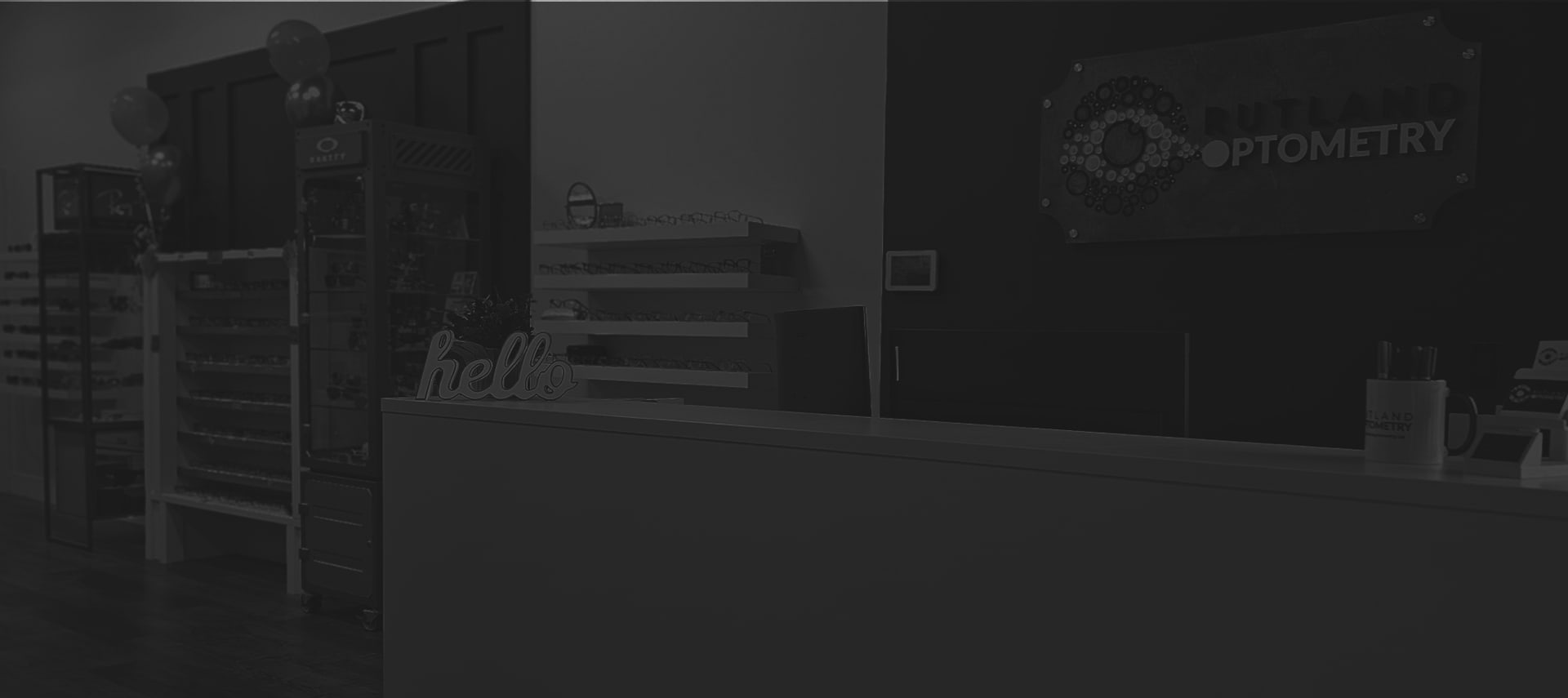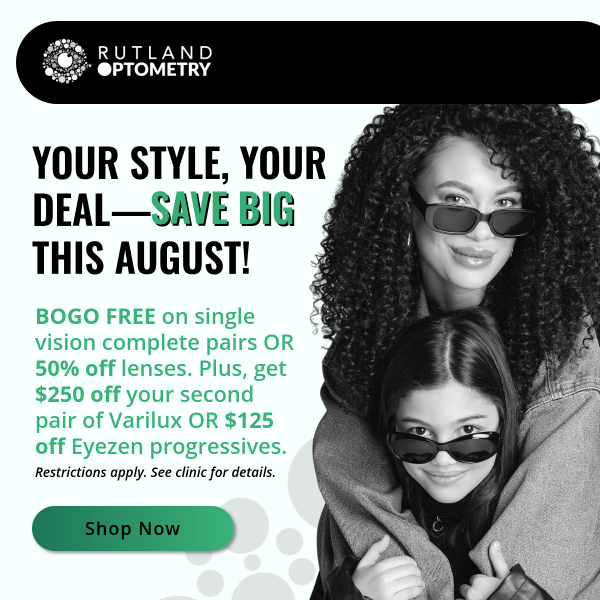When it comes to eye protection, sunglasses are often the first line of defence against the sun’s harsh rays. But not all sunglasses are created equal. While many sunglasses provide a stylish look and help shield your eyes from brightness, polarized sunglasses go a step further. They reduce glare, protect against harmful UV rays, and offer a more comfortable and safer outdoor experience.
To determine if your sunglasses are polarized, simply hold them up to a reflective surface or an LED screen—if the glare disappears or the screen darkens as you rotate the glasses, they’re polarized. At Rutland Optometry in Kelowna, BC, we can help you choose the right polarized lenses for your needs.
What’s the Difference Between Polarized and Non-Polarized Sunglasses?
When you think about sunglasses, your first thought is probably about blocking out the sun and looking good. And while this is true, the technology behind the lenses plays a huge role in protecting your eyes from more than just sunlight.
Non-polarized sunglasses are typically made with tinted lenses, and their primary function is to reduce brightness. However, they do little to block glare, which can make outdoor activities like driving or boating more challenging.
On the other hand, polarized sunglasses feature a special coating on the lenses that helps reduce glare. This makes them particularly beneficial in situations where light reflects off surfaces like water, roads, or snow, providing better clarity, sharper vision, and less eye strain.
Why Polarized Sunglasses are Important for Your Eye Health
We know that protecting our eyes is essential, especially when spending time outdoors in sunny conditions. But it’s also important to protect against harmful UV rays. There are three types of ultraviolet rays that affect our eyes:
- UV-A: These are the weakest rays but pose the most consistent threat since they pass through the ozone layer without being absorbed.
- UV-B: While some UV-B rays are absorbed by the ozone layer, they can still cause significant harm, especially over prolonged exposure.
- UV-C: These are the strongest and most dangerous UV rays, but fortunately, they are completely blocked by the atmosphere and ozone layer.
Both polarized and non-polarized sunglasses can protect against harmful UV rays, but polarized lenses go the extra mile by reducing glare, which is especially useful when spending time near reflective surfaces like water or snow.
What Can UV Rays Do to Your Eyes?
Even if you aren’t directly looking at the sun, prolonged exposure to UV rays can damage the eyes. Over time, exposure to UV radiation may contribute to:
- Corneal damage
- Macular degeneration
- Cataracts
- Growths on your eyes (both cancerous and non-cancerous)
Regular eye exams and wearing proper eye protection can help prevent these issues and catch any potential problems before they worsen. Polarized sunglasses add an extra layer of protection by reducing the intensity of bright, reflective light that can strain your eyes.
Polarized Sunglasses: The Benefits You Can’t Ignore
Polarized sunglasses feature a special coating that absorbs horizontal light waves, reducing glare and improving visibility. This makes them perfect for activities like driving, boating, and fishing, where glare can be a problem. Polarized lenses enhance clarity and comfort, allowing you to see better in bright, reflective environments.
When to Wear Polarized Sunglasses:
Polarized sunglasses are great for nearly any outdoor activity where glare is a concern. They are especially useful for:
- Driving: Reduces road glare, improving visibility and comfort.
- Boating & fishing: Minimizes glare off water, allowing you to see beneath the surface and spot obstacles or fish.
- Outdoor activities: Whether hiking, biking, or jogging, polarized lenses help with clarity and reduce eye strain in bright environments.
Non-Polarized Sunglasses: What Are They?
Non-polarized sunglasses are designed with tinted lenses that reduce brightness but don’t block glare. While they often offer UV protection, they don’t provide the same clarity and comfort as polarized lenses, especially in glare-heavy environments. They tend to be more affordable and durable but are not ideal for reducing eye strain or improving visibility in bright conditions.
When Not to Wear Polarized Sunglasses:
There are situations where polarized sunglasses may not be ideal:
- Driving in snow or ice: Polarized lenses may make it harder to spot patches of ice, which can be a safety risk.
- Winter sports: For skiing or snowboarding, non-polarized lenses are better as they allow you to spot icy spots.
- Screen use: Polarized sunglasses can make screens appear dark or even blacked out at certain angles.
- Operating equipment: Polarized lenses can reduce visibility in low-light situations when using heavy machinery.

How to Tell If Your Sunglasses Are Polarized
You might be wondering how to tell if your sunglasses are polarized. While the lenses may look similar to non-polarized sunglasses, there are simple tests to confirm if they have polarized lenses.
- Reflective surface test: Hold your sunglasses in front of a reflective surface, such as a car window or a shiny countertop. If your sunglasses are polarized, you won’t see much of a reflection. When you rotate the glasses 90°, the reflection should appear clearly.
- LED screen test: Look at an LED screen (such as your phone or computer) through the sunglasses. If the lenses are polarized, the screen will appear to darken or even become completely black as you tilt the glasses at an angle.
If you bought sunglasses labeled as polarized but can’t seem to verify their quality, remember that not all polarized lenses are created equally. It’s important to purchase your eyewear from a trusted optometrist or optician, like us at Rutland Optometry.
Keep Your Eyes Safe with Polarized Sunglasses!
Polarized sunglasses make a big difference in comfort, clarity, and eye protection, whether you’re on the water, driving, or enjoying the outdoors. Visit Rutland Optometry in Kelowna to shop for the perfect pair or book an eye exam today to keep your eyes safe from harmful UV rays!







